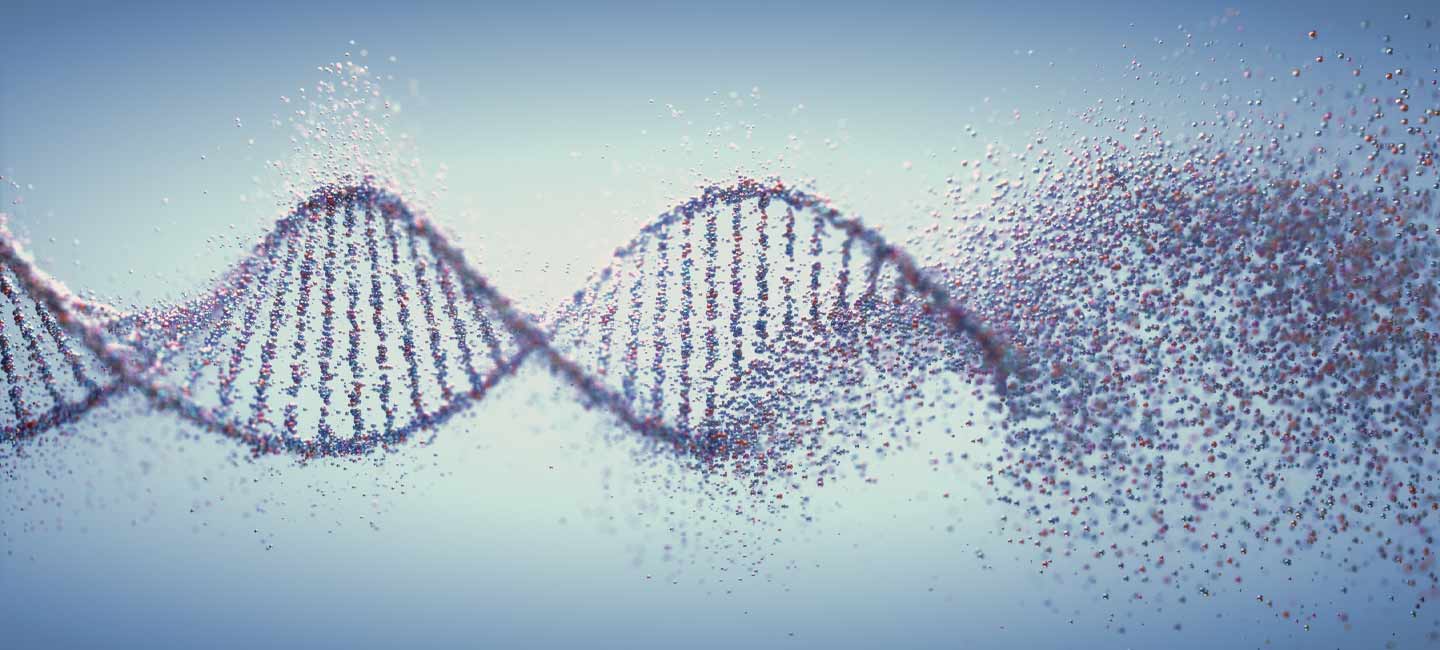PALB2 Gene Linked to Ovarian, Breast Cancers
The last week of September is Hereditary Breast and Ovarian Cancer Week and October is breast cancer awareness month. Many people have likely heard about the BRCA1 and BRCA2 genes from personal experience, celebrity advocacy or simply having heard the phrase “breast cancer gene.”
It’s important to know that comprehensive genetic testing in the modern era of genetics includes analysis of numerous genes linked to breast cancer beyond BRCA. Individuals with striking family histories of breast cancer may have had BRCA genetic testing in the past. For some, BRCA testing may not have provided them with clarity or answers to their family’s cancer risks.
Genetics is a field with a moving target where new genes are constantly discovered. The BRCA1 and BRCA2 genes were discovered in 1994 and 1995, respectively. After half a decade of research into additional genes that can cause breast cancer to run in families, another gene named PALB2 was confirmed to be connected to high risks of breast cancer, specifically about a 40% to 60% lifetime risk.
The PALB2 gene is also connected to increased risk of ovarian, pancreatic and male breast cancer. All people with strong personal or family histories of these cancer types may benefit from genetic testing to better understand their hereditary risks of cancer.
If a gene mutation in PALB2 is identified in an individual, there are options for cancer prevention and detection that become available to them, similar to the BRCA genes. For example, a woman with a PALB2 gene mutation should start her breast screening earlier at age 30, repeat imaging twice a year, and have breast MRIs in addition to mammograms. They may also elect the option of a risk reducing preventive double mastectomy.
People without previous genetic testing, or previous normal BRCA genetic testing results, should ask their doctors about genetic counseling for updated hereditary breast cancer testing. Genetic testing for only BRCA genes is no longer comprehensive and previous negative genetic testing results may be providing false reassurance.
In addition to the PALB2 gene, other genes related to breast cancer (ATM, CHEK2, CDH1, STK11 and TP53) are routinely included on genetic tests these days. Ask your doctors about genetic counseling to learn more about your own genetics. It is also encouraged to seek out genetic testing though a health care professional because direct to consumer genetic testing does not provide the same quality or thoroughness.
This article was written by Caroline Bertsch, MS, LCGC.



